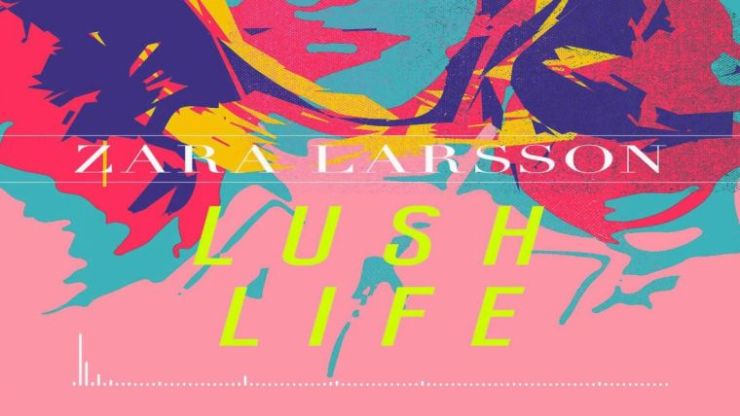
Sweden has talent. Eight years ago, a fresh-faced 10-year-old called Zara Larsson captured the hearts of the nation and won a TV talent competition with her rendition of Celine Dion's 'My Heart Must Go On'. Celine was right. Hearts do go on, and child stars grow up. A little like the Jonas Brothers, shedding the cherubic image of their youth is a rite of passage of young starlets and Zara Larsson was no exception. One of this year's breakthrough hits from the European dance scene was 'Lush Life' – an infectiously catchy, upbeat tune performed with panache by the now 18-year-old Swedish singer.
The repeated couplet in the song caught my attention:
"I live my day as if it was the last,
Live my day as if there was no past."
This reminds me of the 'Carpe Diem' attitude of the 1980's, inspired by Robin Williams' performance in helping a group of beleaguered young men trapped in an exclusive school to throw off their shackles and seize the day. Life is short and the school trophy room may be the only evidence you ever lived. Dead Poets Society influenced so many of my peers and hence a generation emerged determined to become teachers – or investment bankers. But in 2016 this pseudo-epicureanism takes on a different guise. With no past and no future, living for the moment means:
"Doin' it all nite, all summer,
Doin' it the way I wanna."
Basically this is a return to the "eat, drink and be merry, for tomorrow we die" philosophy which actually pops up in the Bible – twice.
It is the version that appears in the first letter to the church in Corinth that interests me. Paul actually cites the prophet Isaiah, which is where the saying first appears in the Bible. He goes on to explain that if there is no bodily resurrection and no hope for life beyond the grave, it's understandable that people are living as if there is no tomorrow. Without a future destination, the consumer-driven, immediate lifestyle makes sense. Without any consequences for our actions, why not live selfishly? If life makes no ultimate difference, why not use your fleeting moments in pleasurable activity that will make living more bearable?
Paul's argument was to show the futility of life without hope of life beyond death. But it seems that his negative argument has become a positive philosophy, an imperative in itself. Binge drinking takes place on such a scale that advertisements for alcohol now include a warning to drink responsibly. Food products contain a similar warning, with a traffic light indicator because more people die from diet-related health conditions than the large numbers that are killed by alcohol. Ironically, we eat and drink so much that it is growing more and more likely that tomorrow we will die.
But when Paul quoted the prophet Isaiah's words about the connectionbetween eating, drinking and dying, he was doing so because he thought it was a terrible way to live. Because of the resurrection of Jesus, that philosophy is redundant. Our lives do make a difference. Our lives matter. Other people's lives matter. Because of the resurrection, Paul will risk his life and face death to make sure that others get to see and hear the truth of the good news of Jesus. It was because he believed that death was not the end, that he was willing to risk his life for a far more important cause than pleasure-seeking.
Paul did live each day as if it was his last. But for him it was because of something important that happened in the past. Because of the resurrection of Jesus, he was courageous in serving other people, helping churches become the kinds of communities that would welcome people from all backgrounds and hold out the light of the gospel, and the good news of eternal life. He challenged Christians to love others, care for their needs and unashamedly speak out about the life, death and resurrection of Jesus.
Dr Krish Kandiah is the founding director of Home for Good and a contributing editor to Christian Today.




